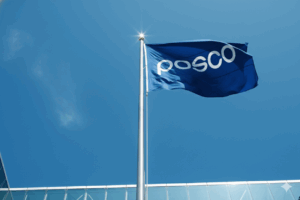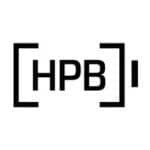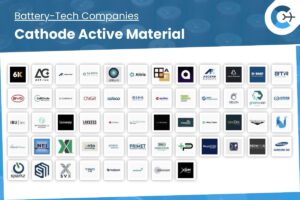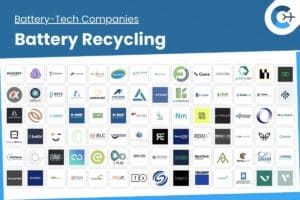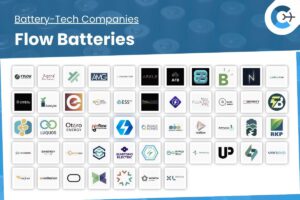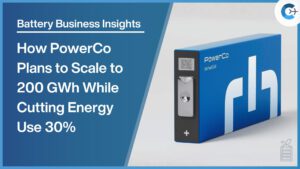Data released by Rho Motion in late August 2025 indicates that the battery energy storage system (BESS) market is undergoing significant shifts as it continues to expand. Shipments of complete BESS solutions increased by 79 percent between 2023 and 2024, and early figures from the first half of 2025 show volumes have already exceeded total 2023 shipments by 25 percent.
Market concentration among the top suppliers is easing. In 2023, the ten largest integrators accounted for 82 percent of all BESS deployments; by H1 2025, their collective share had fallen to 77 percent. Smaller companies are steadily capturing market share, and the gap between leading and mid-ranking players has narrowed. In 2023, the market leader held roughly 20 percent of deployments while the fifth-largest held 6 percent; in H1 2025, first-place stood at 14 percent compared with 9 percent for the fifth-ranked company.
A notable trend is the waning dominance of vertically integrated cell manufacturers in the system market. In 2023, integrated cell producers were responsible for at least 40 percent of BESS shipments, benefitting from higher lithium-iron-phosphate cell prices in 2022. By H1 2025, their share dropped below 30 percent as cell costs fell and a broader pool of system integrators entered the market.
Industry participants highlight that as projects age, integration expertise increasingly influences long-term returns. Operational lifetime, maintenance costs, and insurance rates all improve when systems are engineered and commissioned effectively, shifting competitive advantage toward specialized integrators.
On the cell supply side, Contemporary Amperex Technology Co., Limited (CATL) remains the largest provider, but more focused BESS cell manufacturers are gaining ground. In H1 2025, Hithium and EVE Energy joined CATL among the top three cell suppliers for stationary storage, while one major automaker slipped to fifth place. Nine different cell makers each shipped over 10 GWh of storage cells during the period.
Source: Rho Motion



